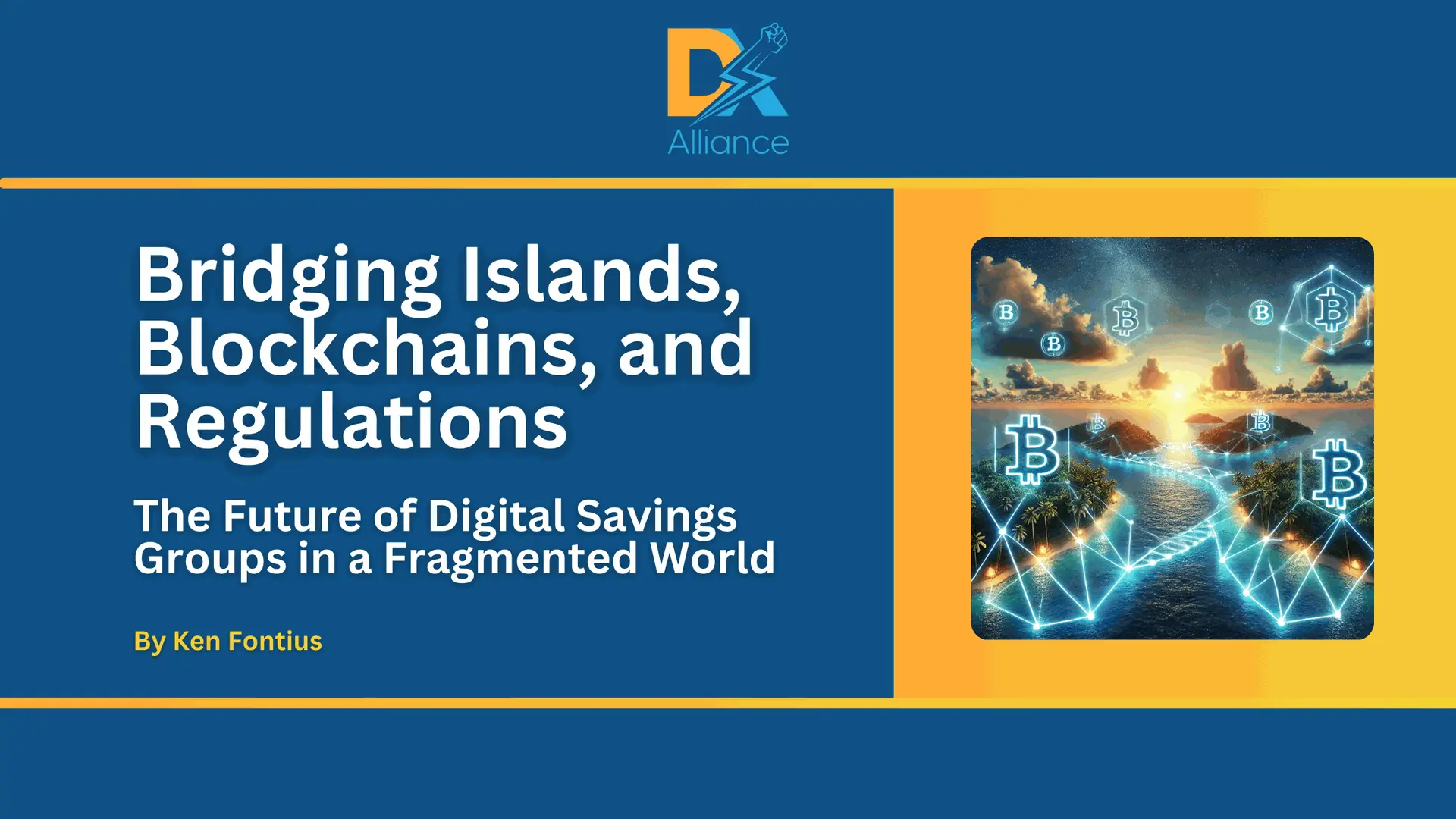
In the sun-drenched islands of the Caribbean, community savings groups like SuSu a tradition rooted in trust and collective support—are undergoing a quiet revolution. For generations, these groups have allowed neighbors to pool resources, take turns accessing lump sums, and uplift one another without relying on formal banks. Today, digitized versions of these savings circles are emerging, powered by blockchain technology. But as these platforms expand beyond their home islands, they face a modern challenge: *interoperability. What happens when a SuSu group on Island A, built on Ethereum, wants to include members from Island B, whose community uses a Hyperledger-based system? How can these digital ecosystems communicate, share value, and comply with diverse regulations across borders? This is where blockchain interoperability, and projects like OneLedger and Cosmo, step in, aiming to dissolve barriers while navigating the complex waters of global compliance.
The Problem
Islands of Isolation in a Sea of Blockchains
Blockchain technology promised a world of seamless, borderless transactions. Yet, in practice, most blockchains operate like isolated islands. A SuSu group on an Ethereum-based platform can’t natively interact with a Solana-based savings app on another island. Each blockchain speaks its own language, governed by unique rules, consensus mechanisms, and smart contract frameworks. This fragmentation stifles collaboration limits financial inclusion, and forces communities to rebuild systems from scratch rather than integrating existing ones.
Imagine Rosa, a fisherwoman in Trinidad, contributing to her local SuSu group on a blockchain tailored for microtransactions. When her sister in Barbados—part of a savings circle on a different chain—tries to join, she’s locked out. Transactions fail. Assets can’t cross chains. Trust, the bedrock of SuSu, erodes when technology divides rather than unites.
The Solution
Interoperability Hubs: Building Bridges Between Chains
This is where interoperability protocols like OneLedger and Cosmos come into play. Think of them as universal translators and bridge-builders for blockchains. Their goal is to enable networks like Ethereum, Hyperledger, or Binance Smart Chain to share data, assets, and logic without requiring users to understand the technical complexities.
OneLedger, for instance, uses a combination of sidechains and a universal relay mechanism. A sidechain acts as a “satellite” blockchain connected to the main network, allowing assets to move securely between chains. If Trinidad’s SuSu group uses Ethereum and Barbados’s uses Hyperledger, OneLedger’s protocol creates a bridge where transactions can be verified and mirrored across both chains. Rosa’s sister could contribute funds from her local chain, which are converted (or “wrapped”) into a compatible format for Trinidad’s system, all while maintaining audit trails and security.
Similarly, Cosmos employs the Inter-Blockchain Communication Protocol (IBC), which lets blockchains exchange messages and tokens through a central hub. Picture a bustling port city where ships (blockchains) dock to unload cargo (data) under standardized customs rules. For SuSu groups, this means a Barbadian member could participate in Trinidad’s savings pool by sending tokens through Cosmos’ hub, with IBC ensuring the transaction complies with both chains’ rules.
Regulatory Crossroads: Navigating Compliance in the Caribbean and Beyond
But technical interoperability is only half the battle. The Caribbean’s regulatory landscape—a patchwork of nations with distinct financial laws—adds layers of complexity. Jamaica may embrace blockchain innovation, while Dominica prioritizes strict anti-money laundering (AML) controls. Cross-chain transactions must satisfy regulators that funds aren’t being laundered, taxes are reported, and user identities are verified.
Here, OneLedger’s decentralized identity (DID) system offers a solution. Instead of each SuSu group managing separate KYC (Know Your Customer) checks, users could hold a reusable DID that proves their identity across chains. When Rosa’s sister joins from Barbados, her DID—already verified by her home island’s compliant platform—grants her access without redundant paperwork. This reduces friction while ensuring regulators can trace transactions back to real identities.
Globally, projects like these must also contend with evolving frameworks. The Financial Action Task Force (FATF), for example, now requires “travel rule” compliance for crypto transactions, mandating that sender/receiver data accompany cross-border transfers. Interoperability hubs must bake such rules into their protocols, automating compliance without sacrificing decentralization.
The Road Ahead: Unity Without Uniformity
For SuSu groups and similar community-driven platforms, interoperability isn’t just about technology, it’s about preserving cultural traditions while embracing progress. By leveraging hubs like OneLedger or Cosmos, these systems can remain decentralized and tailored to local needs while still connecting to a global ecosystem.
Yet challenges persist. Regulatory harmonization across the Caribbean remains a work in progress. Governments must balance innovation with consumer protection, possibly through regional agreements or shared sandboxes for testing cross-chain solutions. Meanwhile, developers must prioritize user experience, ensuring that Rosa and her sister can participate in SuSu without needing a degree in computer science.
Conclusion
A New Era of Collaborative Finance
The story of SuSu’s digital evolution mirrors a broader shift in finance: from isolation to integration, from fragmentation to collaboration. Interoperability protocols are the bridges that let communities retain their uniqueness while participating in a larger, interconnected economy. For the Caribbean—a region defined by its diversity and resilience—this could mean empowering millions of unbanked individuals through systems that honor tradition and innovation alike.
As projects like OneLedger and Cosmos refine their frameworks, and regulators craft smarter policies, the vision of a truly inclusive financial ecosystem comes closer to reality. The future of SuSu isn’t confined to a single island or blockchain. It’s a network of trust, spanning oceans and chains, united by the promise of technology that serves people—not the other way around.
Ready to Build Your Blockchain Bridge?
Our team specializes in creating interoperable solutions for digital finance communities. Contact us to discuss how we can help your organization navigate the complex waters of blockchain integration.